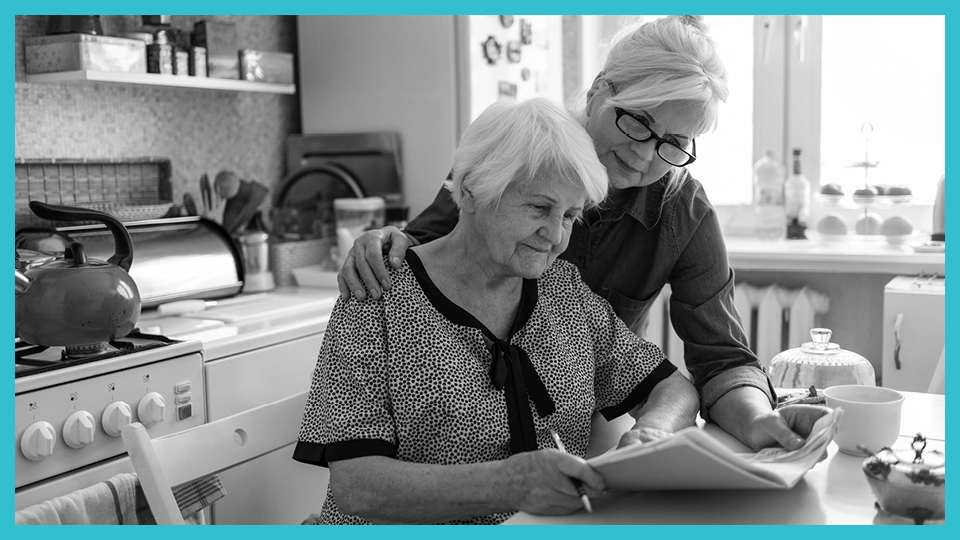AzHDR Can No Longer Accept Previous Secretary of State Healthcare Registry Registration Agreements. Read More

Life can change quickly. Conversations we thought we would have time for often go unspoken. We can maintain control if we plan ahead, think about our goals and values around our healthcare and treatment options, and communicate and document these wishes.
Choosing someone who can communicate your healthcare wishes to your medical providers can ensure that even if you are not able make healthcare decisions directly, there is someone who can be your voice for decisions. It is difficult to plan for all situations, but talking through even some likelihoods will allow you to let your loved ones better understand your directions.
An HCPOA is someone who has been appointed by you and recorded on a document. This individual can then make medical decisions if you can no longer make those decisions for yourself. Unless the document includes specific limits, the agent will have broad authority to make any healthcare decision you could normally make for yourself.
Except for certain state guidelines that may limit you choosing your direct healthcare provider, your choice for HCPOA is up to you. The individual does not have to be related, but should be someone who:
It is advisable to appoint one HCPOA and then to choose alternates if this person is not able to step in at the time needed. Appointing multiple HCPOAs to make the decisions together, such as all your adult children, requires that they all agree (majority), which may be difficult during a stressful event.